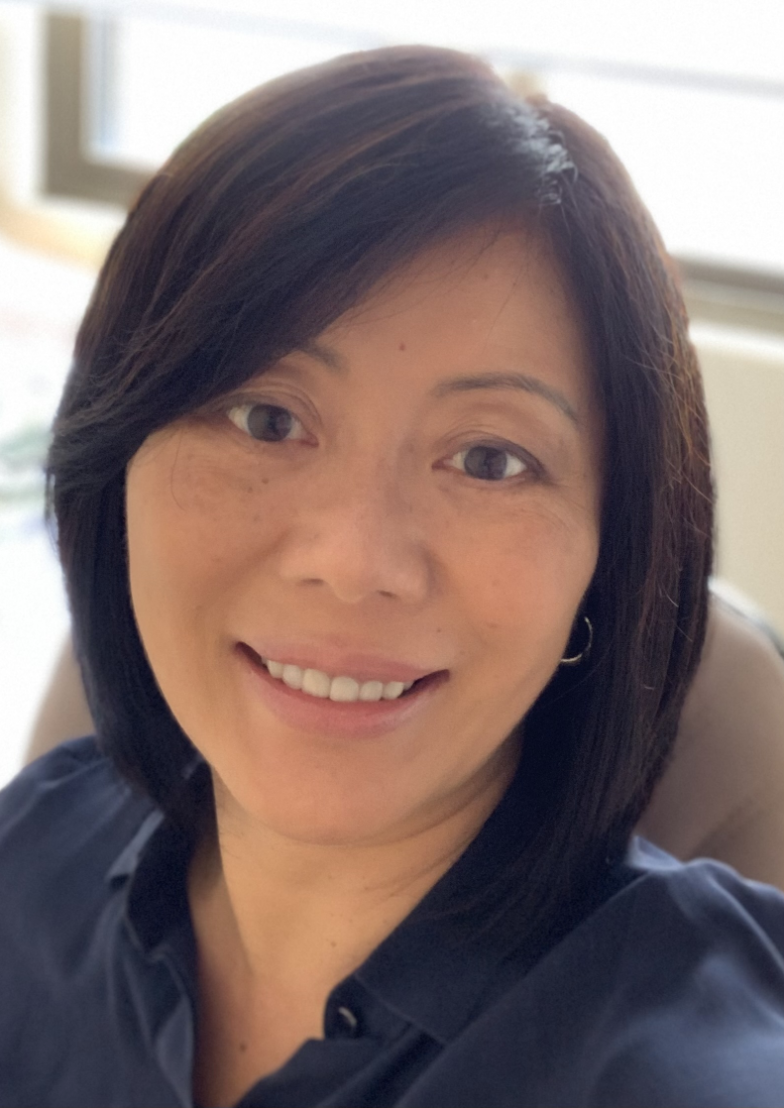
Dr. Monica Setuyo Okamoto is Associate Professor of Japanese Literature at the University of Paraná in Brazil. With an educational background comprising a BA in Japanese and Portuguese Literature from the University of São Paulo and an MA in Comparative Literature, she is well-equipped for the study of transnational ideas. Her PhD research, involving French influence on Brazilian discourses of Japanese immigration, led to her current research focus on the Brazilian Nikkei experience.
Dr. Okamoto recalls a trip on scholarship to Japan in 2004 as a pivotal moment. There, she discovered the novel Sobo [People] by Ishikawa Tatsuzo, whose famed novelization of the Nanjing Massacre, Ikitei Iru Heitai [Soldiers Alive] had been translated into English for the first time the previous year. Working with colleague Maria Tomimatsu, Okamoto produced a Portuguese translation of the work, which is based upon Ishikawa’s time as an agricultural labourer in rural Brazil amidst the Japanese immigrant community. Says Okamoto, “that started my interest in immigration.” She also credits the writing of Dr. Jeffrey Lesser of Emory College in Atlanta, Georgia, whose work on Japanese Brazilian identity negotiation inspired her to study the subject in literary form. For the past ten years, she has focused her research on Japanese-language newspapers published in Brazil.
Like many colleagues on the Past Wrongs, Future Choices partnership, Dr. Okamoto’s knowledge of Nikkei culture is experiential as well as academic. Her maternal grandfather immigrated to Brazil from the bustling Japanese port city of Niigata in the 1930s. Though the youngest of seven children, he had a college education, a background which, his granddaughter reflects, offered little initial advantage: “[Coming to Brazil] was a big mistake. He wasn’t expecting to work on a farm […] He was an urban guy. He started to drink, and it was a complete disaster.” Okamoto’s paternal grandfather, conversely, though also a youngest son, was better equipped for immediate success upon immigration, due to his agricultural background. Okamoto reflects that, thanks to the enormity of postwar Japanese investment in the Brazilian economy, second only to that of the United States, persons with fluency in both Japanese and Portuguese were to gain a distinct boon in social mobility. However, they and their families would need to endure both severe authoritarian abuse and violent community factionalism.
In 2021, Dr. Lesser mentioned Dr. Okamoto to Jordan Stanger-Ross, director of Past Wrongs, Future Choices. She participated in the applications for funding for the partnership and eventually was offered a residency at the University of Victoria in May of 2023. Okamoto used her background in discourses of bilateral influence to begin exploring American-Brazilian governmental collusion in interning their Nikkei populations. She explains, “I intend to reveal that these actions of repression and persecution against the Nikkei community were in part imposed by the American government, as a demonstration of Brazil’s alignment during the World War.” This imposition of policy came in part due to the wartime presence of American strategic air bases in Brazil, feeding American fears of Nikkei fifth columnists. Although Brazilian wartime policy looked to the United States as guide, differences in resources, population geography and demographics, and the attitudes of state actors resulted in a less formalized policy. Internment conditions ranged from repurposed civil prisons to, in the state of Pará, virtual abandonment on an isolated islet in the Amazon. One of the challenges to studying these internment practices, Okamoto has discovered, is the sparsity of documentation. She says that limited access to sources “was a big issue. Because even the Japanese community tried to erase some proofs about this period.”
Dr. Okamoto’s research also relates to another unique aspect of the Brazilian internment era: the murders that occurred within the Nikkei community following the Japanese surrender of August 1945, perpetrated by the Shindo Renmei ultranationalist group against those who accepted that Japan had in fact been defeated. In explaining these events in comparison with the United States and Canada, Okamoto points to myriad factors, including a larger first-generation population, isolated rural communities, and a frequent lack of Portuguese fluency, as well as the banning of Japanese newspapers, mail, and other sources of information from the outside world. She explains, “we have to think about the context of the host country. In the United States, [Nikkei] stayed in [larger] cities. It was not just to work at farms. In Brazil, they were sent to farms very, very far from everything and everybody. They kept isolated from the world. They didn’t have any contact with [urban] community. It was kind of a different mentality.”
Dr. Okamoto holds “a lot of expectations” for Past Wrongs, Future Choices. She hopes, in part, that the anti-Asian racial prejudice which still endures in Brazil, often undiscussed but revived in the public eye during the Covid-19 pandemic, will be explored and exposed. Further, she reflects on the necessity of integrating the wartime experiences of Brazilian Nikkei into the public consciousness: “I never heard about it from my family, for example, or even from community. […] I kept thinking that if I don’t know, probably most of the people in Brazil don’t know. I got the impression that if I didn’t do any research, in two or three generations this story, this history will be completely erased.”
Dr. Monica S. Okamoto’s PWFC Working Paper, provisionally titled “Japanese Concentration Camps: In the Agenda of Negotiations between Brazil and the United States during World War II,” will be available to read on our site in February 2024.
This article was written by Aaron Stefik from an interview with Dr. Monica Okamoto.

 Instagram
Instagram